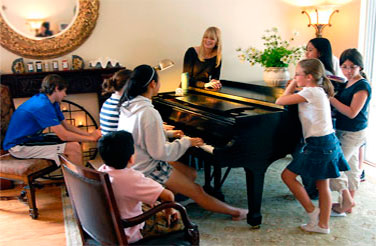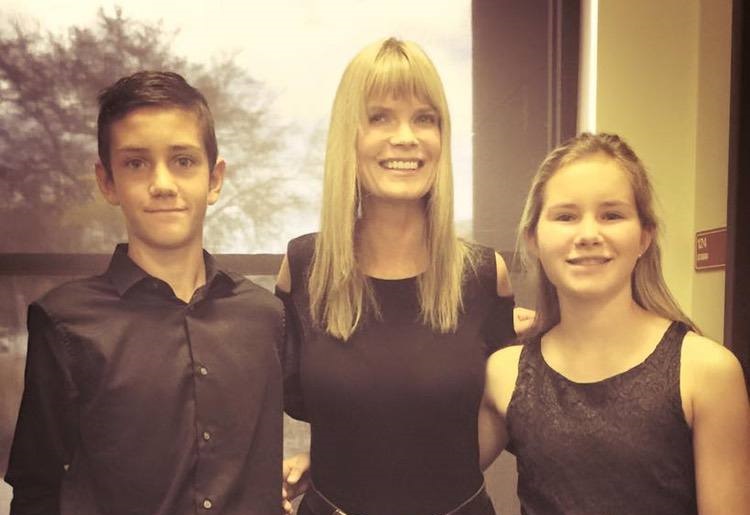It is a fact that all great musicians have good practice habits. Talent is never enough; we all must spend time on the bench.
Given that many students of classical piano begin young, how do we, as parents and teachers, help our young ones to establish the kind of practice habits that ensure progress is steady and rewarding?
First, it is important to determine the minimum amount of practice time per day that would be required to keep the student on pace. In order to do that, we must consider three things: The age of the student, the level of difficulty the student is at, and the nature of the student based on how they learn best.
Let’s first discuss the age of the student: it is rare that a child of 5-7 years will practice an hour a day. Sure, there are examples of children who will do this, and I have a few young ones who will sit for an hour a day with parental supervision. However, it’s rare for early elementary school children to have the endurance for an hour of practice each day.
A rough estimate of how many minutes of practice each day, based upon age group, is this:
5-7 year old- Between 25-45 minutes per day.
8-12 year old- Between 45-60 minutes per day.
13-15 year old-between 45-75 minutes per day. More, if the individual student wants to.
16-18 year old- between 45-75 minutes per day. More, if the individual student wants to.
Now, within the age group, the level of the student will determine whether, say, a 12 year-old should practice 45 minutes or 60 minutes daily..
A 12 year old who is still in beginning stages may do exceptionally well with 45 minutes per day. A 12 year-old who is of intermediate level and playing longer pieces, and maybe learning a concerto or playing in a duo, will find they need the full hour, or maybe even a bit more- especially during competition and exam season.
The final thing to consider is how the child learns best. Many children will naturally develop a “come and go” approach to practicing, where they visit the piano several times a day, play until content, then leave to do homework, eat, and then wander back to the piano, and so on. Students of mine who use this approach are among the best-prepared students I teach, yet no one knows exactly how much they practice.
Other students find that right after school, between having a snack and homework, is the very best time for practice. This was the pattern that worked for me in middle school and high school. The idea of coming home from school and doing more…school! … was exhausting. I needed a change of pace, I needed some right brain time.
After a snack, I’d race to the piano and hit my second wave of energy. Practicing for an hour or three was an amazing treat in the middle of my day. It allowed me to do exactly what my teenage brain and spirit needed- I expressed myself, purged my emotions and moods with Beethoven’s Tempest and Chopin’s Ballade in F Major. I cleared out the clock gears of my mind with Bach. And when I reluctantly got up from the piano to go do my homework, I was peaceful as a lamb, mentally refreshed, ready for homework.
Time-management is something young children struggle with, and nothing will help them better than learning to reserve, and defend, their piano time.There’s always a point with each of my students where they come to a lesson and tell me they are struggling to find time for their music. After listening patiently for a bit, I ask them one question: “What is the difference between people who manage to keep learning piano and those who quit because they are too busy?” Most students will guess that the people who continue their piano studies don’t have as much homework. “Nope. The difference between those who continue piano and those who quit is this: The ones who continue their music do so in spite of not having the time. We had all the right reasons to quit, and we chose to keep playing anyway.”
Of course, there are always exceptions to any rule, and these are just suggested guidelines; a place to start. The exciting thing is that every bit of extra time you add to your daily practice is going to bring big benefits! The more you practice, the better you become and the better you play, the more enjoyable it is. It’s incredibly rewarding to be in an upward cycle, growing and blossoming with your music.




